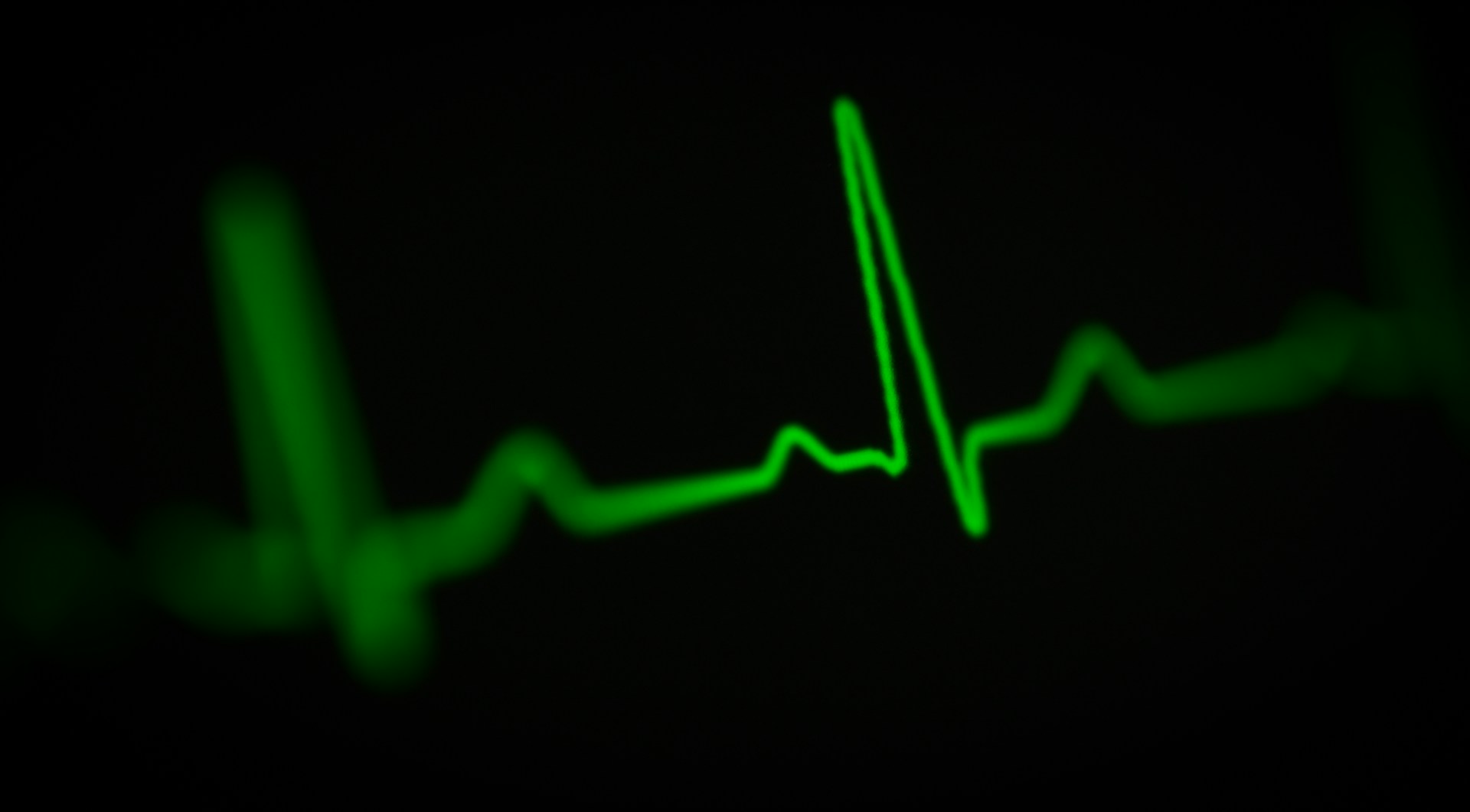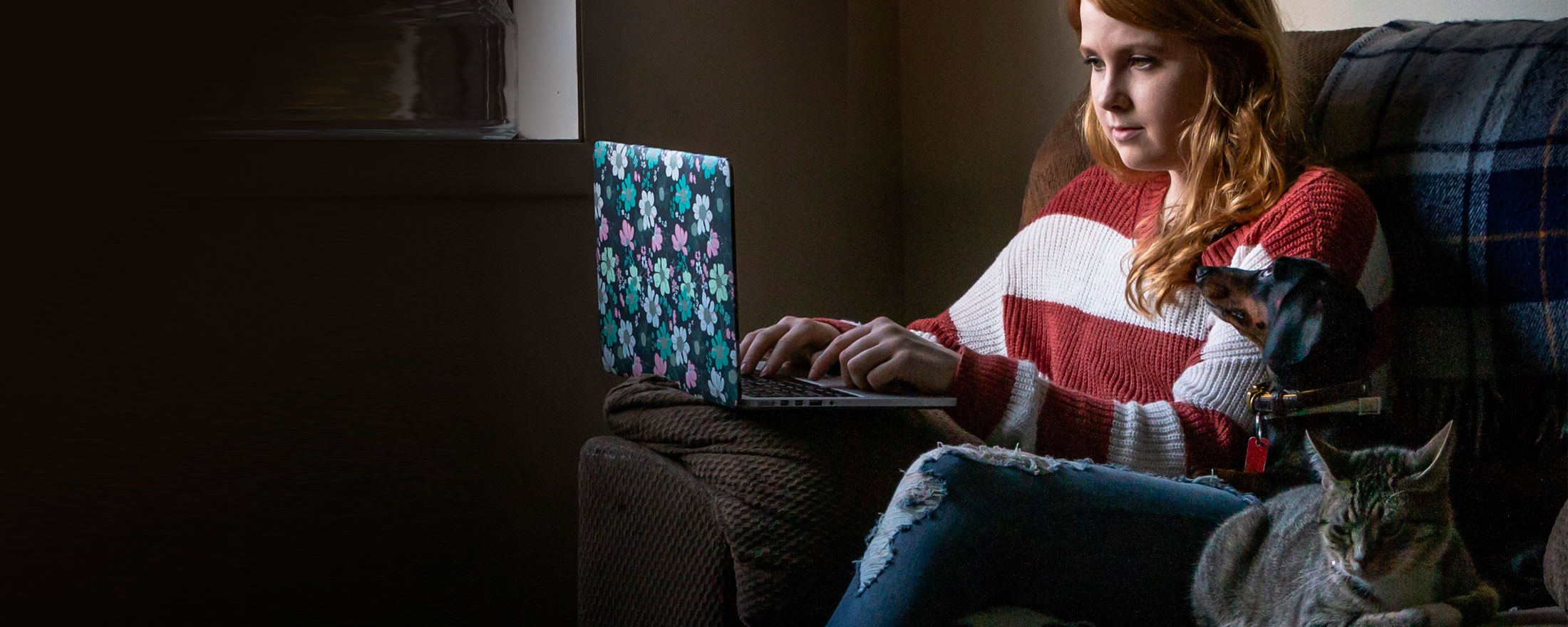
02 Feb CPR?! Why CPR Status is an Important Question Before Veterinary Anesthesia
Before every anesthetic procedure, your veterinarian or a veterinary technician will ask for what’s called a CPR (Cardiopulmonary Resuscitation) Status because it is important that your veterinary care team knows what your wishes would be in the event that your pet undergoes cardiopulmonary arrest while under our care.
What are my options?
Here at Animal Dental Care & Oral Surgery, we offer three options for CPR Status:
- Full CPR – this means that the veterinary team will immediately start performing CPR if your pet’s heart stops no matter what is happening or why. Cardiopulmonary resuscitation involves chest compressions, placing a breathing tube (if the patient is not already under anesthesia), and providing drugs to attempt to restart the heart.
- CPR under anesthesia – this means that the veterinary team will only perform CPR if the arrest occurs while the patient is under general anesthesia. Cardiopulmonary arrest is always a risk of anesthesia. Some pet owners decide that they would want CPR performed if it was a reaction to an anesthetic drug, but not if the animal’s heart stopped for any other reason.
- DNR (Do Not Resuscitate) – this means that the veterinary team will not perform CPR on the pet no matter what. Most commonly, pet owners select this option if their pet is very elderly, severely ill, or injured, or due to strong ethical or religious feelings against performing CPR.
Why do you need to know? Is my pet going to die?
The vast, vast, vast majority of anesthetic procedures go smoothly with no complications. However, cardiopulmonary arrest is always a risk with anesthesia and is more likely to occur under anesthesia than when an animal is conscious. Every possible precaution is taken to make anesthesia as safe as possible, but it is not possible to mitigate the risk entirely. Cardiopulmonary arrest is an emergency and there is no time to stop and call a pet owner before starting CPR. We deeply respect your right to make important medical decisions for your pets, so it is important that we know what your wishes are just in case. Of course, if we need to perform CPR on your pet, one of our staff members will contact you immediately, but it is imperative that CPR is initiated as soon as possible if those are your wishes.
What do you do to lessen the risk of a patient needing CPR?
When it comes to requiring CPR, an ounce of prevention is worth a pound of cure. All of our patients receive thorough physical exams (not just of their teeth!) and bloodwork before anesthesia to identify any potential problems. We recommend that any patient with health concerns such as heart disease or diabetes have those conditions managed and under control before anesthesia. If we find concerns on our exam or bloodwork, we may recommend that your pet see a cardiologist or internal medicine specialist for a workup before anesthesia.
In addition, we have a board-certified anesthesiologist (Dr. Martin Kennedy) who is available to consult virtually on any case in the event of an emergency or complication. Dr. Kennedy and Dr. Bonnie Wright (our other board-certified anesthesiologist, who is available in person) are also available to manage the anesthesia from start to finish. We recommend that an anesthesiologist manage the case if your pet has significant health concerns, but they are available for any patient at any time.
Veterinary Dentist in Fort Collins, CO
If you have any concerns about your pet’s dental health, please don’t hesitate to contact us. We will formulate a customized treatment plan for your pet, which may involve oral surgery. No matter the treatment, your pet is in expert hands at Animal Dental Care & Oral Surgery.
Images used under creative commons license – commercial use (2/2/2024). Photo by Joshua Chehov on Unsplash



